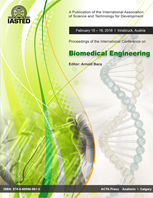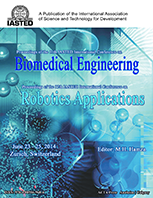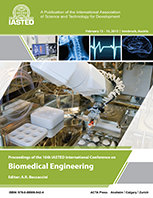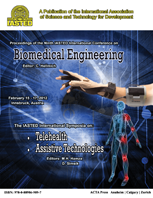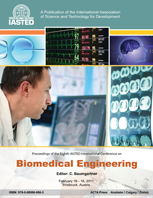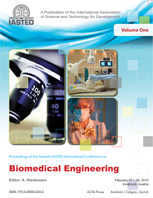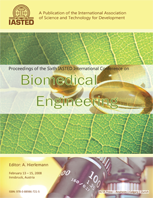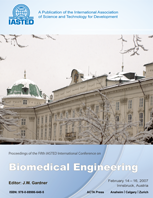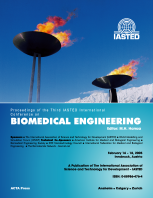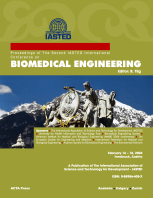The Eighth IASTED International Conference on
Biomedical Engineering
Biomed 2011
February 16 – 18, 2011
Innsbruck, Austria
KEYNOTE SPEAKER
Technologies for ageing-in-place: From implantable bionics to biomonitoring
Abstract
The problem of the increasing burden of chronic disease and the ageing population on health care expenditure is acknowledged worldwide. As a response to this and to the burgeoning costs of tertiary health care, much focus has been placed on appropriate technologies for supporting ageing-in-place and for promoting self-care. Telehealth systems, the provision of health services from a distance, are considered one technological approach to reduce or alleviate this burden.Our laboratories at the University of New South Wales, Australia have been developing a range of telehealth technologies over the past 15 years including; telehealth monitoring and decision support systems for chronic disease management; and wearable ambulatory technologies based around triaxial accelerometry for falls detection and falls risk prevention. Trialing and deployment of these technological approaches will be briefly explored in conjunction with perspectives on health service delivery models and anticipated health and economic outcomes from the adoption of telehealth systems.
Implantable device technologies for treating sensory loss will also be detailed. Specifically, for over a decade our research group have been working on a retinal neurostimulator - a so-called "bionic eye". Recently we have teamed with clinical and other collaborators to form a consortium named Bionic Vision Australia (BVA). The work of the BVA towards developing a visual prosthesis will be discussed, including the general principle of operation, design challenges and potential benefits for implant recipients. Advanced materials and micro-technology research has led to a novel method of electrode array construction and feedthrough designs for safely encapsulating the custom-designed electronics that acts as the core of the device. We shall also discuss surgical approaches and results from experimental and human psychophysics studies.
Biography of the Keynote Speaker
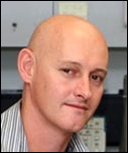
Nigel Lovell is currently a Professor at the Graduate School of Biomedical Engineering at University of New South Wales. His principal research interests have been focused on the application of appropriate technology in primary health care and design of an electronic vision prosthesis. He has over 250 refereed publications in these areas.






